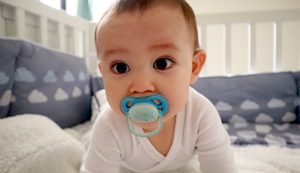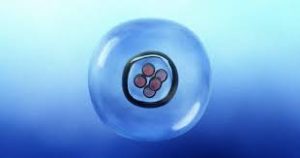

Nancy Flanders – September 18, 2022
A biotech firm has created mouse embryos using only stem cells and has kept them alive long enough (with the use of an artificial womb) for them to develop beating hearts, blood flow, and cerebral folds of the brain. Now they want to begin making human embryos — essentially creating clones who would be harvested for body parts to serve as a sort of macabre ‘fountain of youth’ for adults.
Jacob Hanna, a researcher at the Weizmann Institute of Science in Rehovot, Israel, is the founder of Renewal Bio, whose mission is to reverse “declining birth rates and fast aging populations” and claims to be “renewing humanity — making all of us young and healthy.” According to the website, Renewal Bio wants “to make humanity younger and healthier by leveraging the power of the new stem cell technology.”
The idea is that people could clone themselves as embryos from their own stem cells in order to fight aging, disease, or even infertility.
“Synthetic” embryos with “beating hearts”
Placing stem cells in special containers, researchers found that they spontaneously joined together to try to assemble an embryo. They produced embryoids, blastoids, and embryo models. Hanna and other researchers insist that these embryos are “synthetic,” and are not “real” embryos because they cannot continue to develop — but that is only because the system to help them develop further doesn’t exist (yet). Hanna admits, however, that they are “95% similar to normal mouse embryos.”
Dr. David Prentice, Ph.D. from the Charlotte Lozier Institute told Live Action News that the organization has been tracking this research. He explained, “[T]hey like to use the term ‘synthetic,’ but it’s a dodge because they still want to play with embryos, so it’s just distracting you with the terminology. The technique may be artificial or synthetic, but what’s made — with beating hearts, nervous system, limbs, organs — is the real thing.”
Creating humans
The goal of the research is to now create embryo-stage versions of people in order to harvest tissue to be used in transplant treatments meant to lengthen a person’s life and health. Hanna told MIT Technology Review that he has already begun using human cells in hopes of creating embryos as old as 50 days (over 7 weeks — nearly two months old).

